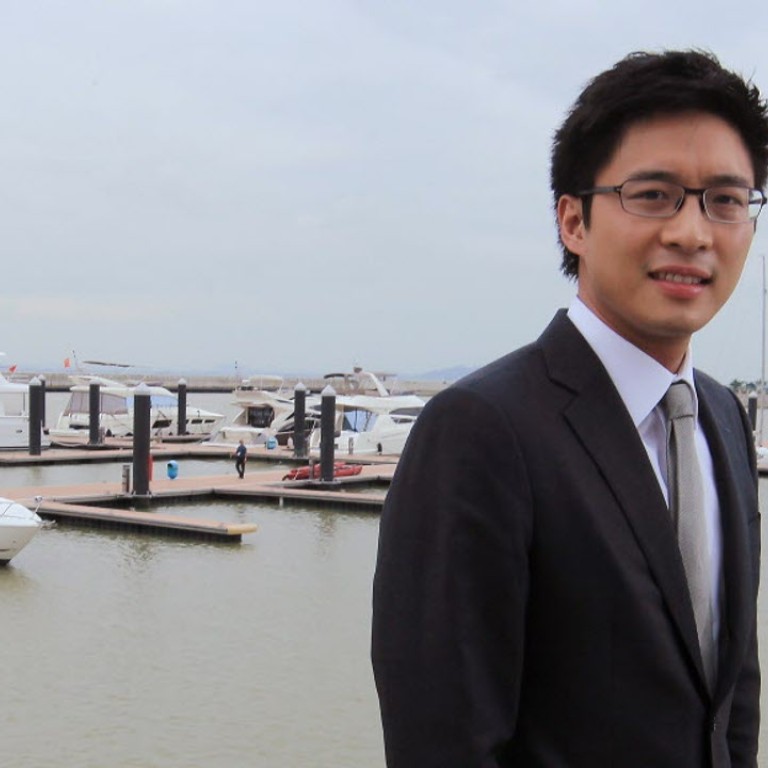
Guangdong seeks more Hong Kong youth exchanges
Move comes as Beijing worries about political activism among the city’s young people
Guangdong’s political advisory body has pledged to improve youth exchanges between the province and Hong Kong amid concerns among mainland leaders over young people’s involvement in political movements such as Occupy.
Wang Rong (王榮), the chairman of the Guangdong Chinese People’s Political Consultative Conference, said a series of educational activities would be organised for Hong Kong and Macau youth.
The aim was to “deepen their understanding of the country and enhance their recognition of the state and the nation”, he said.
Wang made his comments at the opening of the advisory body’s annual meeting in Guangzhou yesterday.
Youth exchanges between the province and Hong Kong have been high on its agenda in recent years as Beijing attempts to instil a sense of national identity and patriotism among young people in Hong Kong.
The authorities in Guangdong organised over 100 youth exchange activities last year targeting more than 30,000 youngsters from the province, Hong Kong, Macau and Taiwan.
Businessman and vice president of the Fok Ying Tung Group, Eric Fok, became a member of the Guangdong political advisory body this year.
He said he wanted to organise more activities and youth exchanges so young people from Hong Kong could “understand China through Guangdong”.
“Hong Kong’s youngsters need to know more about the situation on the mainland. They mostly get to know it through the media and do not have many opportunities to come to the mainland,” Fok said.
He added he wanted to foster youth exchanges through sport and by encouraging Hong Kong youngsters to set up their own businesses in the province’s free trade zones.
Economic incentives might be an effective way for young Hongkongers to understand their country, said Johnny Ng, a Guangdong political advisory body member and committee member of the All-China Youth Federation.
He said the huge market on the mainland would provide many opportunities for Hong Kong’s young entrepreneurs, but free trade zones needed to enhance infrastructure to attract Hong Kong youth to the region.
However, Ivan Choy Chi-keung, a senior lecturer in government at the Chinese University, questioned whether more exchanges and a greater understanding of the mainland would guarantee that young people would react positively towards it.
“From some cases I know, some youngsters felt worse about the mainland after paying a volunteering trip there,” he said. “They saw the maladies of bureaucracy and experienced internet censorship, which served the very opposite purpose.”.
Additional reporting by Mimi Lau

